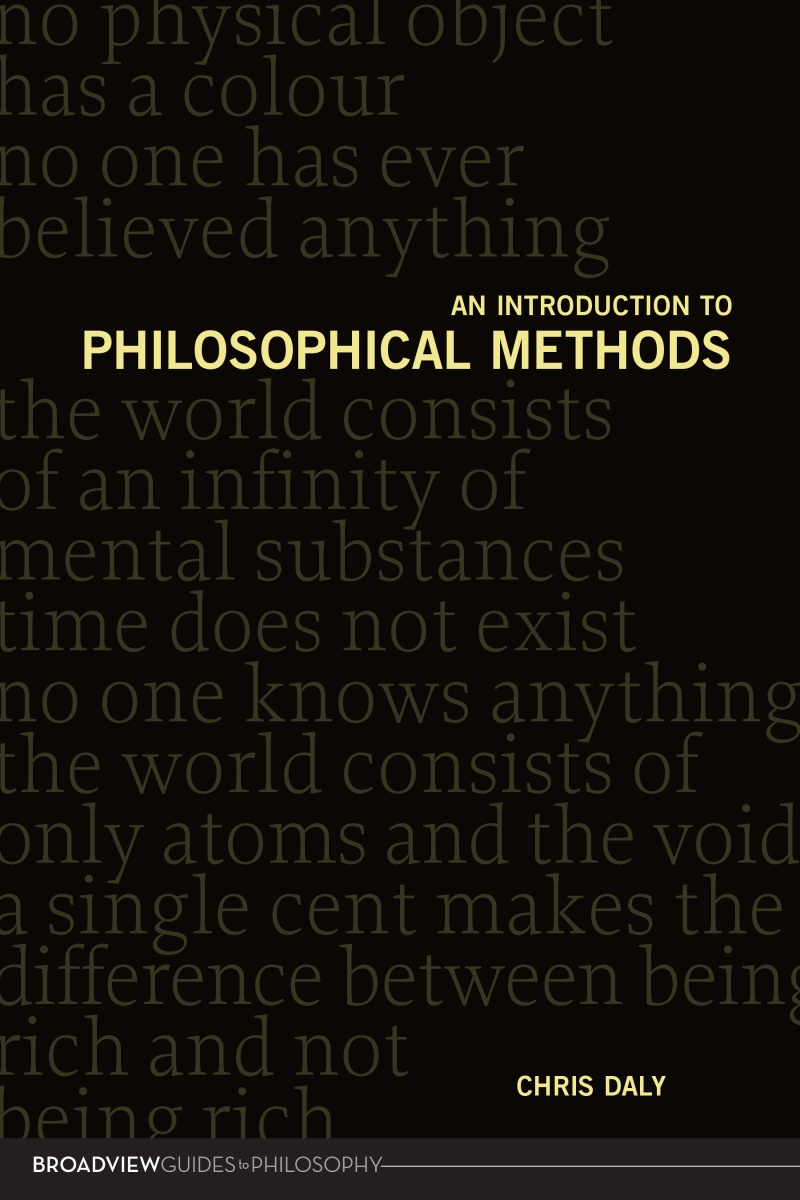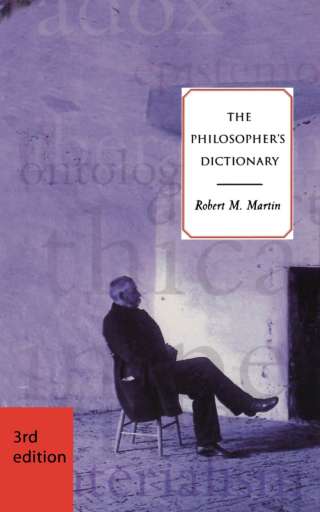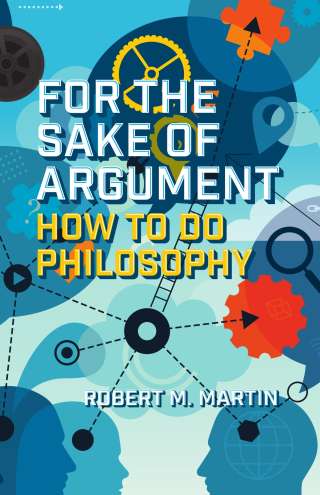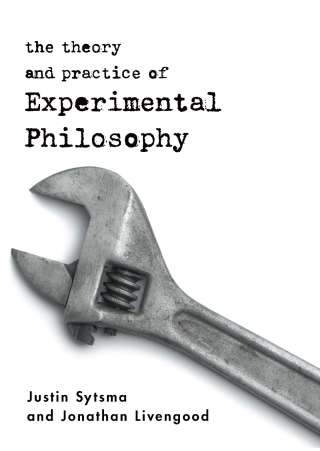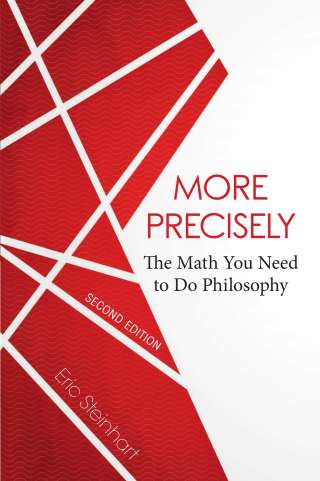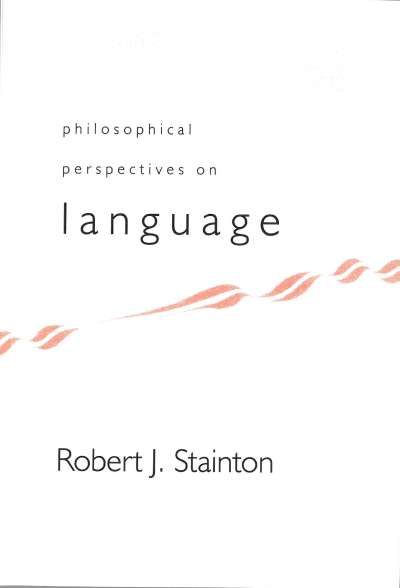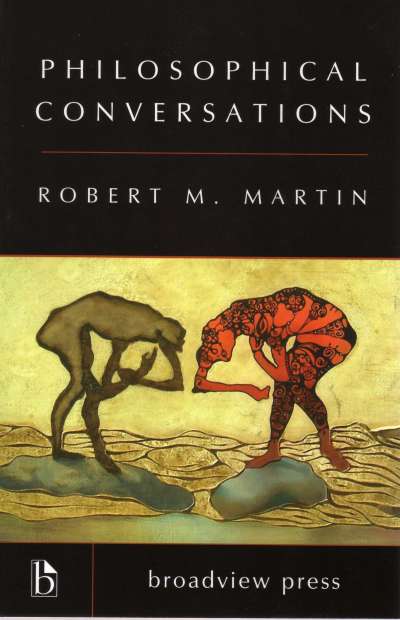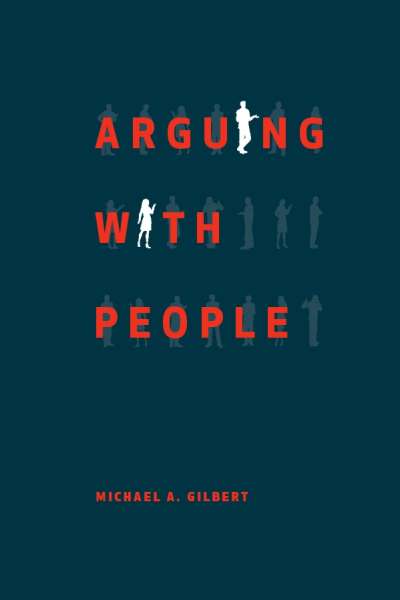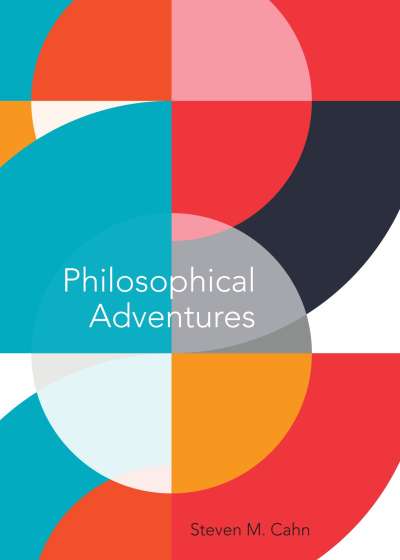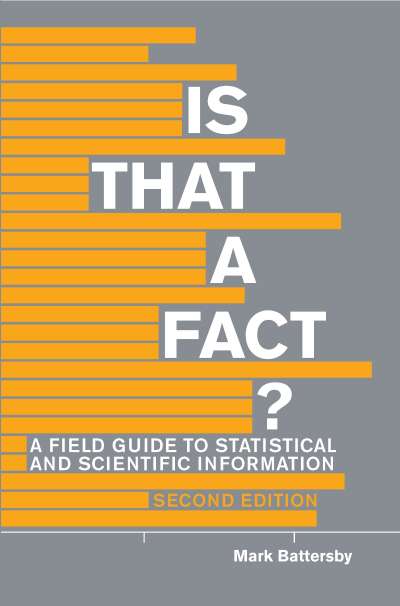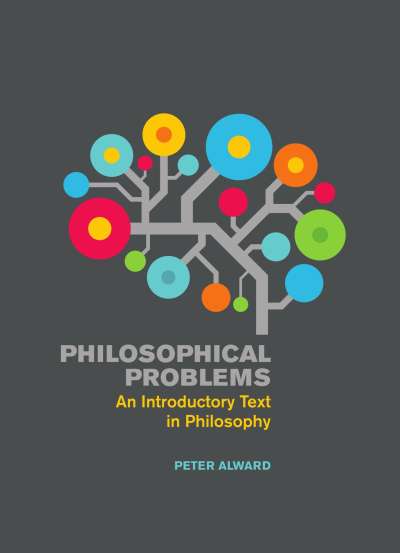An Introduction to Philosophical Methods is the first book to survey the various methods that philosophers use to support their views. Rigorous yet accessible, the book introduces and illustrates the methodological considerations that are involved in current philosophical debates. Where there is controversy, the book presents the case for each side, but highlights where the key difficulties with them lie. While eminently student-friendly, the book makes an important contribution to the debate regarding the acceptability of the various philosophical methods, and so it will also be of interest to more experienced philosophers.
Comments
“[T]his book is very welcome. There’s nothing quite like it and, for its scope and its clear and balanced approach, I think it’s something that every advanced undergraduate would benefit from reading, and many other philosophers as well. I’ll certainly be trying it out as the basis for a course.” — David Braddon-Mitchell, reviewed in the Australasian Journal of Philosophy (July 2012)
“Chris Daly’s study of the methods used in analytic philosophy is unique—and should become indispensable wherever what philosophers do with an issue is compared to what researchers in cognitive science, linguistics, sociology of science, political science, or the like do with it. The methods that philosophers use often baffle others, thought experiments in particular. Daly shows how they work and what they can do for us. Similarly for intuitions and analysis. There is even a nice chapter on the role of explanation in philosophy. The book ends with an excellent chapter on a closely related issue, the extent to which philosophy is simply abstract science—that is to say, the extent to which there are philosophical methods at all. As the jargon has it, can philosophy be naturalized?” — Andrew Brook, University of Carleton
“An Introduction to Philosophical Methods is a timely, comprehensive, and accessible introduction to ‘metaphilosophy’: the study of the nature of philosophy itself. Daly’s concern is with the methods of philosophy: the kinds of claims and argumentative strategies philosophers deploy in justifying their views. He discusses, amongst other topics, appeals to common sense; thought experiments; conceptual analysis; philosophical explanation; and the relationship between philosophy and science. The book is not only a valuable contribution to the literature on metaphilosophy; it will also be hugely useful to philosophers interested in first-order issues across the philosophical spectrum: in scepticism, personal identity, modal realism, or a whole host of other issues where disputes about philosophical method often underlie the first-order disputes. Despite the somewhat abstract subject-matter, the book keeps its feet firmly on the ground by being permeated with a host of examples and case studies with which students will be familiar, including the mind-brain identity theory, G.E. Moore’s defence of common sense, naturalised epistemology, and standard thought experiments such as Mary’s black-and-white room, the missing shade of blue, and brains-in-a-vat.” — Helen Beebee, University of Birmingham
“Chris Daly’s book on philosophical methodology would be hard to improve on as an advanced introduction to a wide range of topics in that area. Its advanced undergraduate and graduate target audience will find it a model of clarity combining accessibility with an acute and penetrating treatment of such issues as the relationship between common sense and philosophy, philosophical analysis, and the role of simplicity and explanation in philosophical theorizing. Reading Daly’s book has been a rewarding experience teaching me a good deal about subjects I thought I was well acquainted with.” — André Gallois, Syracuse University
“Contemporary analytic philosophers are becoming more and more explicit about methodological issues, from the relevance of intuitions and thought experiments to talk about inference to the best philosophical explanation and the ‘cost and benefits’ of accepting their philosophical views. This is the first book to survey the discussion of these methods. Daly has separate chapters on common sense, analysis, thought experiments, simplicity, explanations and naturalism. While aimed at upper level undergraduates, this book can be profitably studied by graduate students and researchers in philosophy who will learn about their own perhaps unconscious methodological preferences. Case studies illustrating each method also serve as an overview of the latest trends in philosophy of mind, metaphysics, epistemology, and early analytic philosophy.” — Bernard Linsky, University of Alberta

